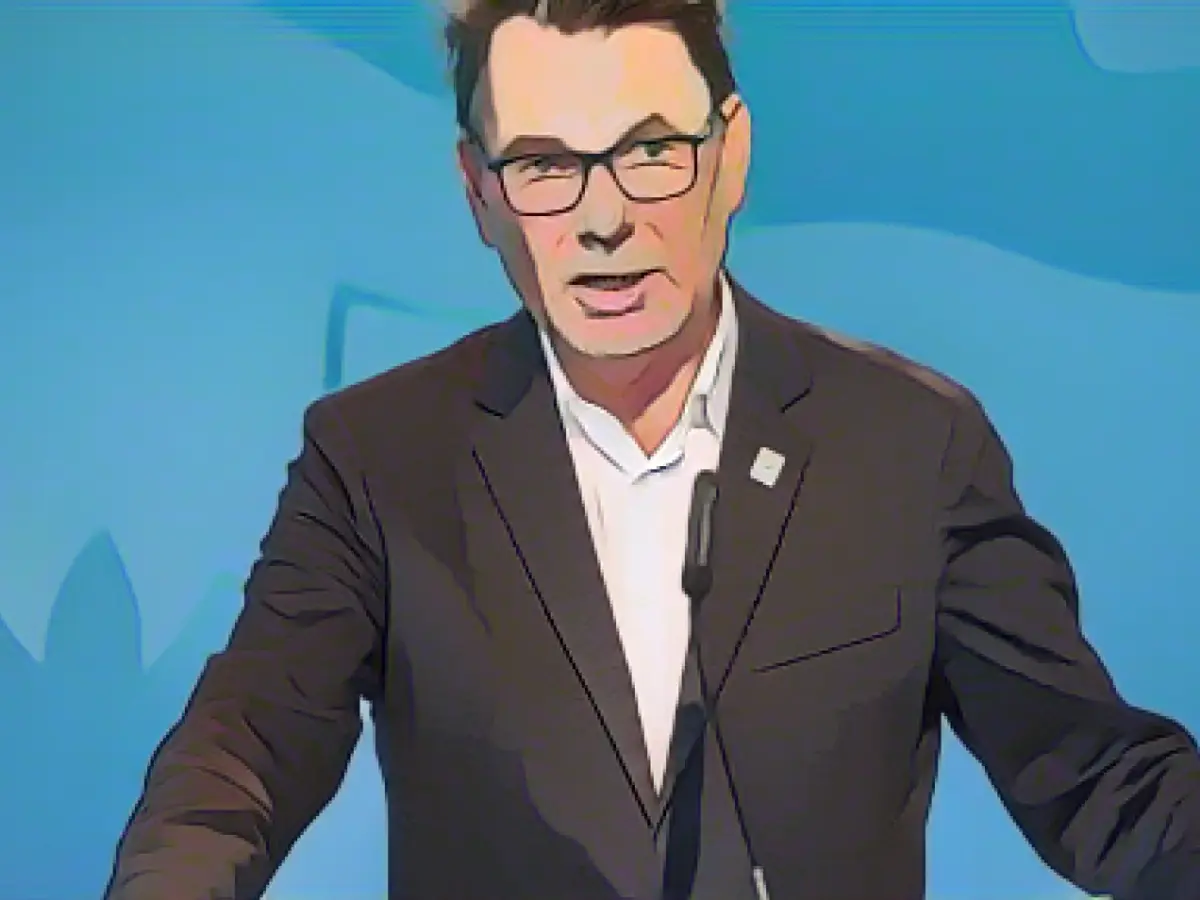Streamlining Collaboration in Thuringian Municipalities
Get ready for a shakeup in digitalization and e-government among Thuringian municipalities! A draft amendment to the law is up for discussion at the cabinet on Tuesday. The aim? To encourage cooperation across districts, helping local authorities tackle the growing complexities of IT. Hartmut Schubert, Thuringia's State Secretary for Finance and IT Commissioner, put it simply: "We want to further automate processes. Digital technology is becoming increasingly important for the services offered by public administrations."
This amendment also introduces an experimental clause extending the simple electronic written form until the end of 2029. This tweak is expected to make it a breeze for citizens and companies to access online services electronically. Schubert hailed this as "an important contribution to simplifying administration in a modern Free State." But, before it becomes law, the amendment still needs approval from the Thuringian state parliament.
Schubert urged Thuringian authorities to take advantage of this extended clause. Digital technology, he argued, is a crucial 'location factor' for the region's administration. With that in mind, let's delve into how investments in digital infrastructure can improve electronic access to services for citizens and companies.
Infrastructure Investments and Electronic Access
The European Investment Bank (EIB) recently provided a €400 million loan to modernize and digitalize the electricity grids of TEAG, a grid operation consortium serving 620 rural municipalities in Thuringia. This injection of funds aims to connect local solar and wind power producers to the grid, enabling consumers to integrate heat pump and electric vehicle charging stations. By improving grid stability and efficiency, this upgrade contributes to a decentralized energy system.
Fiber-optic cable expansion is part of the EIB's broader digitalization strategy in Germany. This includes a goal of providing gigabit internet to over one million households, enhancing electronic access to various services for both citizens and companies.
Integration of Renewable Energy Sources
The integration of renewable energy sources, such as solar and wind power, into the grid is crucial for bolstering energy security and reducing carbon emissions. Advanced digital infrastructure plays a vital role in managing the intermittent supply of renewable energy, maintaining electrical frequency stability, and ensuring efficient electricity distribution.
While the proposed amendment to Thuringian law does not directly address these points, the investments in digital infrastructure and modernized power grids will significantly improve electronic access to services for citizens and companies by enabling a more reliable and efficient energy system.




